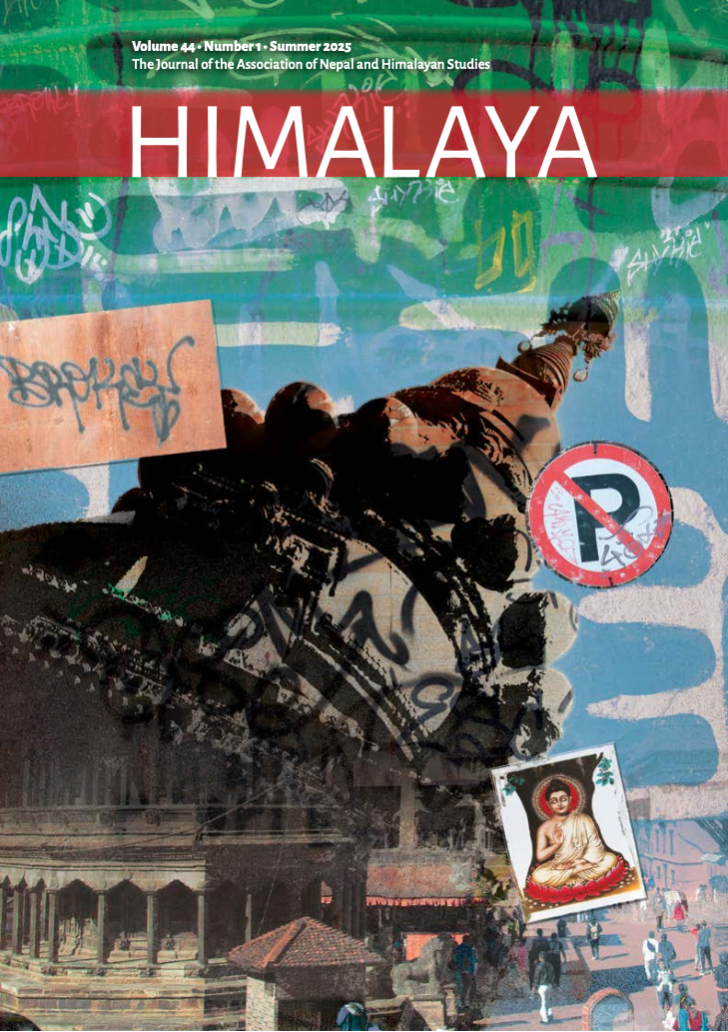Two Decades of Conservation in Ladakh
Accessing the Achi Association (AA) and Achi Association India (AAI) Archives
DOI:
https://doi.org/10.2218/himalaya.2025.10112Keywords:
Archives, conservation, Western Himalayas, Ladakh, restorationAbstract
Ladakh’s climatic conditions have preserved some of the most impressive monuments in the Himalaya. These temples trace the spread of Buddhism in the Western Himalaya and the development of artistic and architectural styles. However, they are increasingly under threat due to the introduction of modern construction materials and methods, as well as the intensification of climate change induced events. In 1999, Achi Association was formed to conserve temples belonging to the Drikung Kagyu sect of Tibetan Buddhism, one of the oldest orders in Ladakh, and one under which many of the earliest temples in the region were built. In 2010, the establishment of Achi Association India (AAI) expanded this to any Buddhist heritage in precarity throughout Ladakh, regardless of sect. With a quarter of a century of experience in the region, the two organizations collectively produced an impressive fountain of documents that chart and record all aspects of conservation work done across nine sites that date from the late 13th century to the 19th century. In this paper I scaffold an interdisciplinary approach to access these archives, which range from architectural surveys to community engagement reports, accentuating that conservation is a dialectic between stakeholders, where decisions made by conservators — shaped by their training and available technology — are interpreted by other stakeholders, namely locals and the clergy, through their own epistemic frameworks. Mapping the entirety of conservation and restoration, this paper covers multiple aspects of the process, including documentation, community engagement, technical procedures, and the ritual ramifications of decisions.
Downloads
Downloads
Published
Issue
Section
License
Copyright (c) 2025 Sushan Bhattarai

This work is licensed under a Creative Commons Attribution-NonCommercial-NoDerivatives 4.0 International License.






